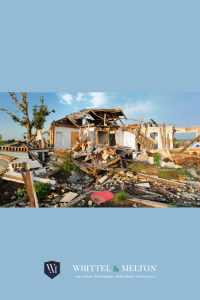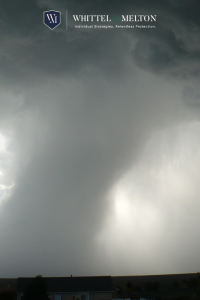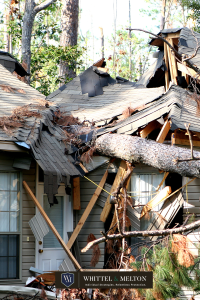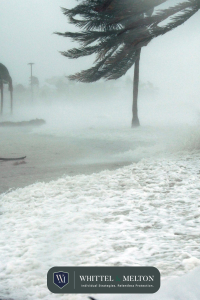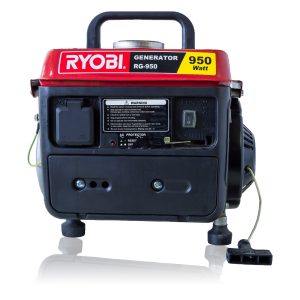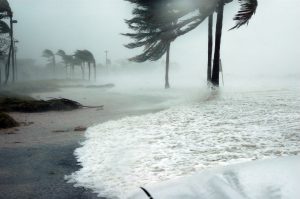Overnight, two long-track tornadoes swept across the Bay area, causing some damage in Citrus, Pinellas, and Pasco counties.
Fast-moving tornadoes produced by the early-morning storms left a path in Citrus County and came ashore around two in the morning. A different tornado that originated near Clearwater Beach and traveled into Pasco and eastern Hernando County was also produced.
Tornadoes in Crystal River and Clearwater/northern Pinellas have been officially identified. Later Thursday, storm survey teams will be in the neighborhood to see whether any additional locations had tornadoes.
Citrus County and the Clearwater/Dunedin area will be the subject of two damage surveys, according to the National Weather Service.
The Harbor Pointe condos by Frenchy’s Market, a condominium complex in Dunedin, had a section of the third story wall blown off during the storms. The structure, which was situated on Causeway Boulevard, had a huge hole left in it. According to a neighbor, nobody was home when the damage was done to the property.
According to Citrus County Sheriff Mike Prendergast, a tornado’s winds caused a few buildings in Crystal River to fall.
At 2:12 in the morning, Crystal River emergency management reported a tornado at US 19 and W Island Ford Trail. In the area, there were reports of downed power lines and damaged roofs.
At the same time, in Dunedin, trucks were turned over and storefront windows were blasted out in a parking lot near Causeway Boulevard and Bayshore Boulevard.
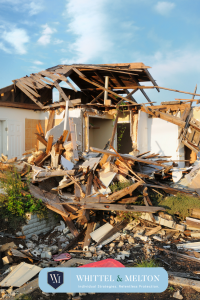 When a tornado appeared to have touched down on the northern portion of Clearwater Beach, Clearwater Police and Clearwater Fire & Rescue were called to the site. No injuries have been recorded, although at least two homes on El Dorado Avenue were damaged. The initial calls came in soon before two in the morning.
When a tornado appeared to have touched down on the northern portion of Clearwater Beach, Clearwater Police and Clearwater Fire & Rescue were called to the site. No injuries have been recorded, although at least two homes on El Dorado Avenue were damaged. The initial calls came in soon before two in the morning.
Officials in Citrus County have closed several roads in Crystal River because of severe damage caused by a tornado that touched down there earlier today.
From the US Highway 19 interchange to Turkey Oak Drive, Highway 44 is closed in both directions. From West Fort Island Trail to Northeast Fifth Street in Crystal River, Highway 19 is restricted in both directions.
All counties in the Bay region, except for Polk, are under a tornado watch until 3 p.m.
Following a tornado, homeowners must endure the arduous process of evaluating the damage to their houses, listing the personal belongings they have lost, completing mountains of paperwork, and filing insurance claims for property damage. Although the recovery process is difficult, most homeowners follow the advice their insurance providers give them and hope for the best. Unfortunately, sometimes that is not enough.
It is likely that a tornado will affect an entire neighborhood, town, or region if it is severe enough to cause havoc. Due to the size of the damage, insurance companies may have to pay out a significant amount in damage claims. As a result, it is possible that they will fight tooth and nail to keep from paying out the maximum on every claim they handle.
Homeowners who are unaware of their rights may accept whatever the insurance company offers—even if it does not fully compensate them for their losses—because the insurer employs skilled legal teams and adjusters who are prepared to restrict how much the company must pay on claims. Furthermore, severe tornado damage can put strains on contractors, adjusters, and other service providers in severely affected areas, which means that homeowners may have to deal with hasty or inaccurate estimates that do not accurately reflect their losses. Continue reading
 Tampa Bay Injury Attorney Blog
Tampa Bay Injury Attorney Blog











